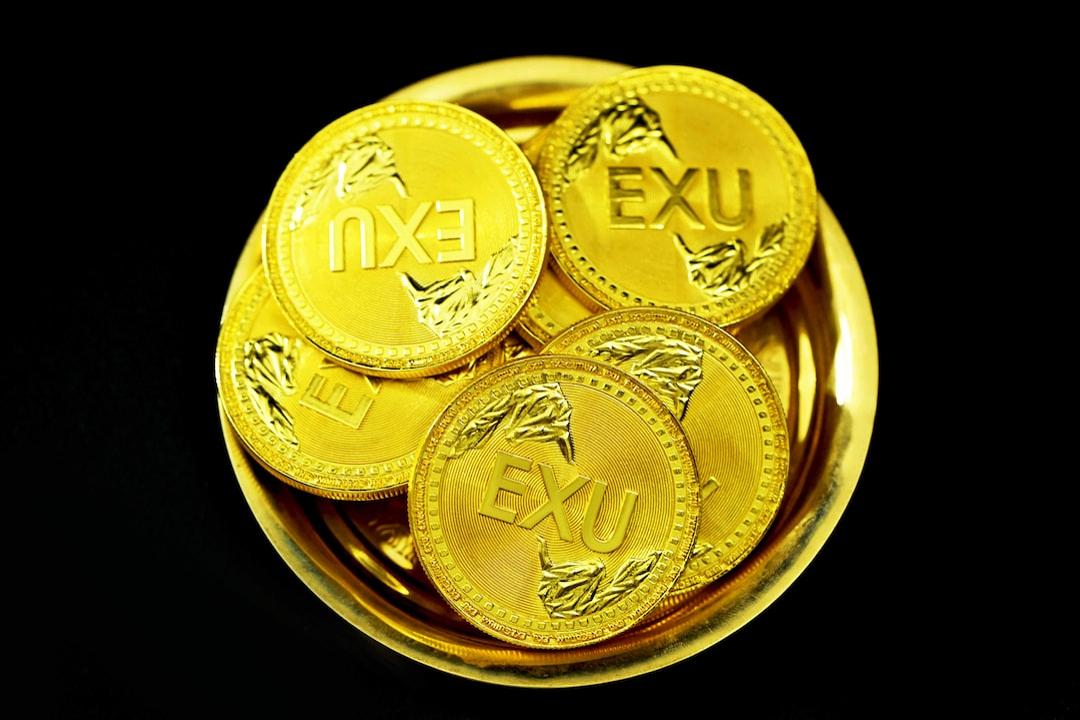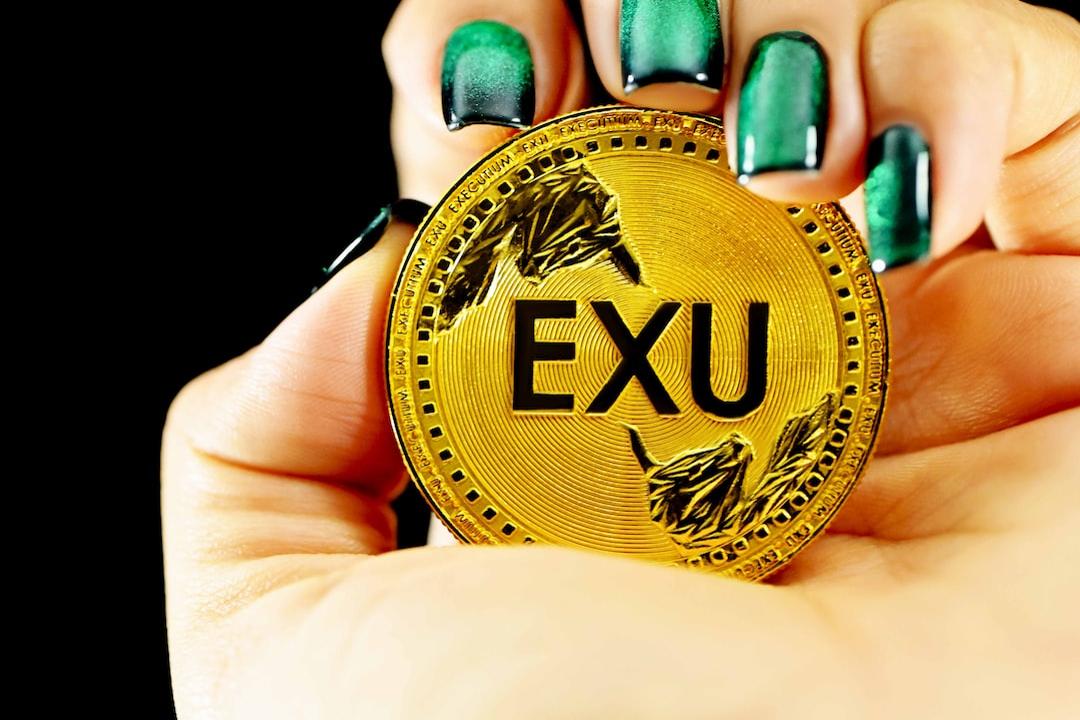Swiss National Bank (SNB) President Martin Schlegel reportedly does not support the idea of making Bitcoin a reserve asset in Switzerland, citing concerns over its lack of stability, liquidity issues, and security risks. Schlegel’s stance contradicts a proposal from the Swiss Bitcoin nonprofit think tank 2B4CH and other Bitcoin proponents, which seeks to constitutionally mandate the SNB to hold Bitcoin (BTC) on its balance sheet.
Schlegel first expressed his views to the Swiss local media outlet Tamedia, stating that Bitcoin and other cryptocurrencies are too volatile, which undermines the stability of the SNB’s investments. “Second, our reserves need to be highly liquid so that they can be used quickly for monetary policy purposes if needed,” Schlegel told Tamedia on March 1.

Additionally, Schlegel highlighted that Bitcoin and cryptocurrencies, being software-based, are inherently vulnerable to bugs and technical flaws: “We all know that software can have bugs and other weak points.” While he acknowledged that the crypto market secures nearly $3 trillion in value, he characterized the industry as a “niche phenomenon” compared to the broader financial system. The Swiss central bank president further stated that he does not foresee Bitcoin or cryptocurrencies potentially replacing the Swiss franc: “We’re not afraid of competition from cryptocurrencies.”
The proposal from 2B4CH was initiated by the Swiss Federal Chancellery on December 31, requiring 100,000 signatures to be put to a public referendum. They have until June 30, 2026, to gather the required signatures, which is approximately 16 months from now. Switzerland has a population of 8.97 million, meaning about 1.11% of residents must sign the petition.
Despite Schlegel’s criticisms, Switzerland remains one of the leading countries for Bitcoin adoption—particularly in the city of Lugano, where the annual “Plan ₿” conference is held. A Bitcoin reserve is currently being considered in the US, Czech Republic, and Hong Kong, while El Salvador continues to accumulate at least one Bitcoin for its treasury, which was launched in September 2021. Poland recently ruled out the possibility of making Bitcoin a reserve asset.

